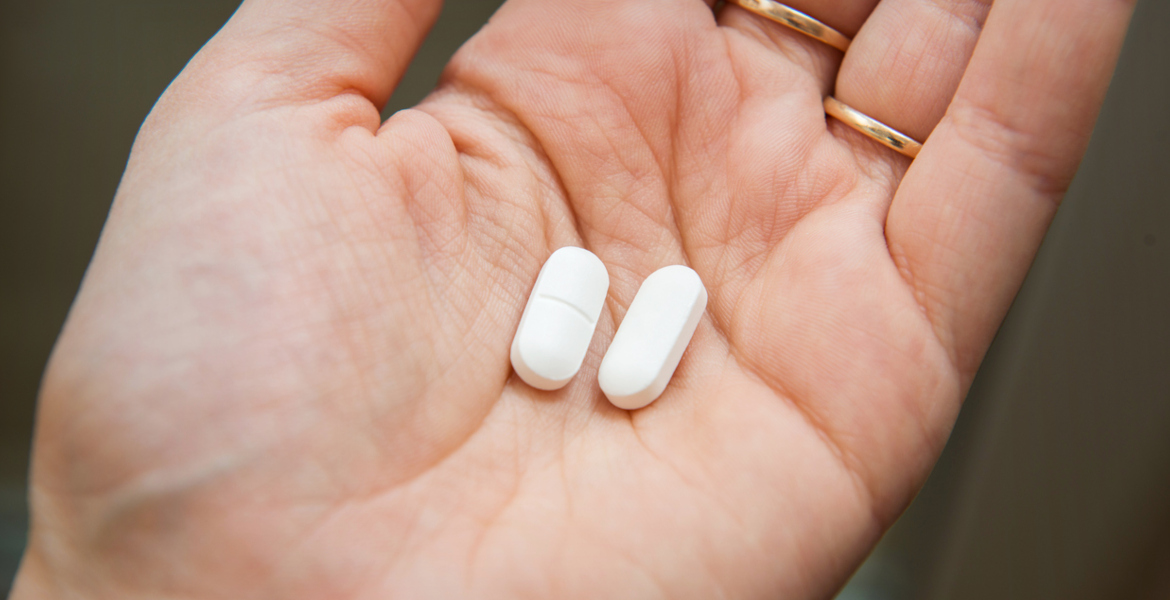Paracetamol can affect how we perceive risk, according to a US study. Students given painkillers before experiments were found to take greater risks than those given a placebo – something the researchers say may also have societal implications.
Paracetamol is an over-the-counter medication commonly taken for pain and fever and is available in the form of several different brands such as Alvedon, Orifarm and Apofri.
In the study, which was published in Social Cognitive and Affective Neuroscience in 2020, participants were asked to perform various experiments and then assessed based on their risk-taking. Over 500 university students took part in the experiments, with half of the group receiving a single dose of 1000 milligrams of acetaminophen before the experiments, and the rest receiving a placebo.
In one of the experiments, participants had to inflate balloons via a computer game, with each individual pump providing pretend money. The point was not to blow up the balloon with too much air as all the money earned would be lost. The results showed that the students taking paracetamol engaged in significantly more risk-taking during the exercise, compared to the more cautious placebo group.
Overall, those taking paracetamol inflated, and burst, their balloons more than the control group.
"Less negative emotions"
Researcher Baldwin Way from Ohio State University, who is behind the study, believes that this may have to do with the fact that paracetamol has a certain anxiolytic effect.
– If you're risk-averse, you may pump a few times and then decide to cash out because you don't want the balloon to burst and lose your money, Way says, adding:
– But for those who are on acetaminophen, as the balloon gets bigger, we believe they have less anxiety and less negative emotion about how big the balloon is getting and the possibility of it bursting.
The balloon experiment was repeated twice, with similar results. Furthermore, during the experiments, participants were asked to complete questionnaires in which they had to assess risk levels around hypothetical scenarios. For example, betting a day's income on a sporting event, bungee jumping off a high bridge or driving a car without a seatbelt.
"Significant effects on society"
Those who had taken paracetamol were clearly more comfortable with, for example, the idea of driving without a seatbelt compared to the placebo group.
Way says the study suggests that the substance "seems to make people feel less negative emotion when they consider risky activities", which he says could have implications for society.
– With nearly 25 per cent of the population in the US taking acetaminophen each week, reduced risk perceptions and increased risk-taking could have important effects on society, he says.





